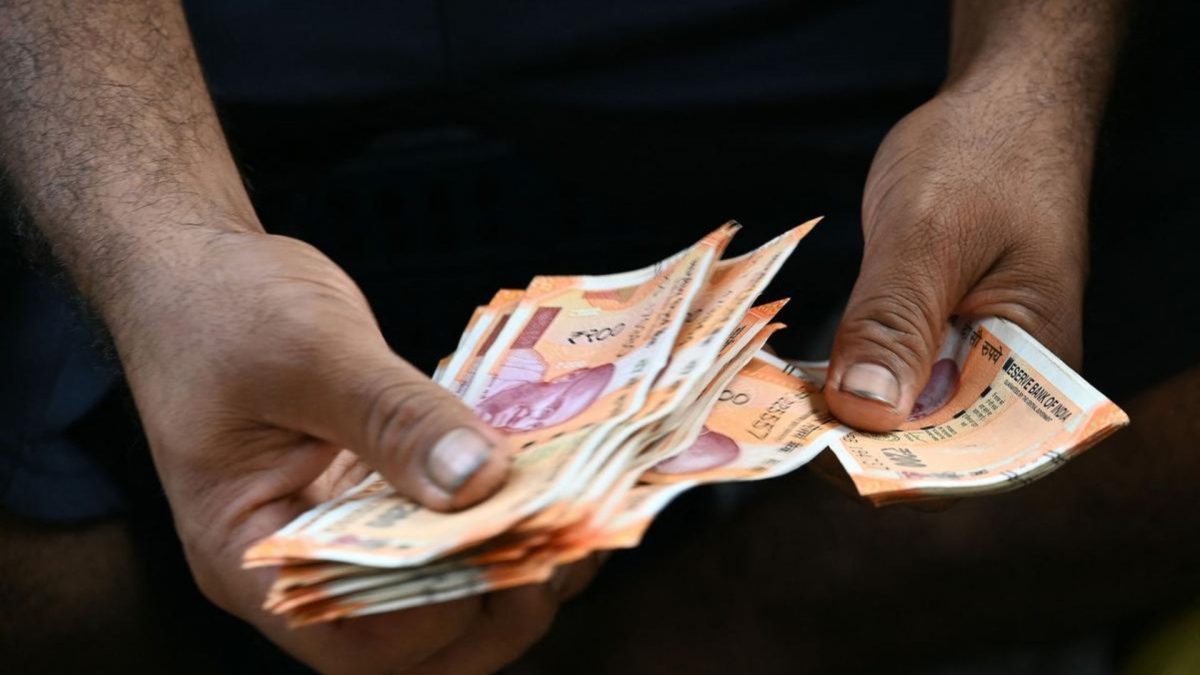The year 2024 was quite eventful in India in terms of what it means for the layperson’s savings and money management.
Here’s a look at five key money rule changes that took place in 2024.
1. Changes to the National Pension System (NPS)
Early withdrawals allowed: From February 1, members became eligible to withdraw up to 25 per cent of their contributions after three years of opening their accounts.
Introduction of NPS Vatsalya: Announced in the Union Budget 2024-25, this scheme is designed for minors. Guardians can contribute with a minimum of Rs 1,000 annually, while there is no maximum limit. The scheme requires an initial deposit of Rs 1,000 and falls under the Pension Fund Regulatory and Development Authority Act, 2013.
Voluntary retirement for government employees: Central government employees under NPS can now opt for voluntary retirement after completing 20 years of service, provided they give a three-month written notice.
2. Revised income tax slabs and standard deduction
The Union Budget 2024-25 introduced simplified income tax slabs under the New Tax Regime, reducing the number of slabs and offering savings of up to Rs 17,500 annually. Additionally, the standard deduction for salaried individuals was increased from Rs 50,000 to Rs 75,000, boosting disposable income.
3. Overhaul of capital gains taxation structure
Short-Term Capital Gains (STCG): Gains on equity and equity-oriented mutual funds are now taxed at 20 per cent, up from 15 per cent. STCG on other assets is taxed as per applicable income tax slabs.
Long-Term Capital Gains (LTCG): A flat tax rate of 12.5 per cent was introduced for all assets, removing asset-specific variations. The tax exemption on LTCG from equity and equity-oriented mutual funds was increased to Rs 1.25 lakh per year.
Partial withdrawal of indexation benefit: The indexation benefit on LTCG from house property sales was partially rolled back.
4. TDS on property sales tightened
The government expanded the scope of Tax Deducted at Source (TDS) on property transactions. A 1 per cent TDS now applies to property purchases exceeding Rs 50 lakh, regardless of individual buyer or seller contributions. The deduction is based on the higher of the sale price or stamp duty value.
5. IMPS money transfer limit raised
The Immediate Payment Service (IMPS) limit was increased to Rs 5 lakh per transaction from February 1. This adjustment simplifies fund transfers by enabling users to send money using only the recipient’s mobile number and account name.
With inputs from agencies
)